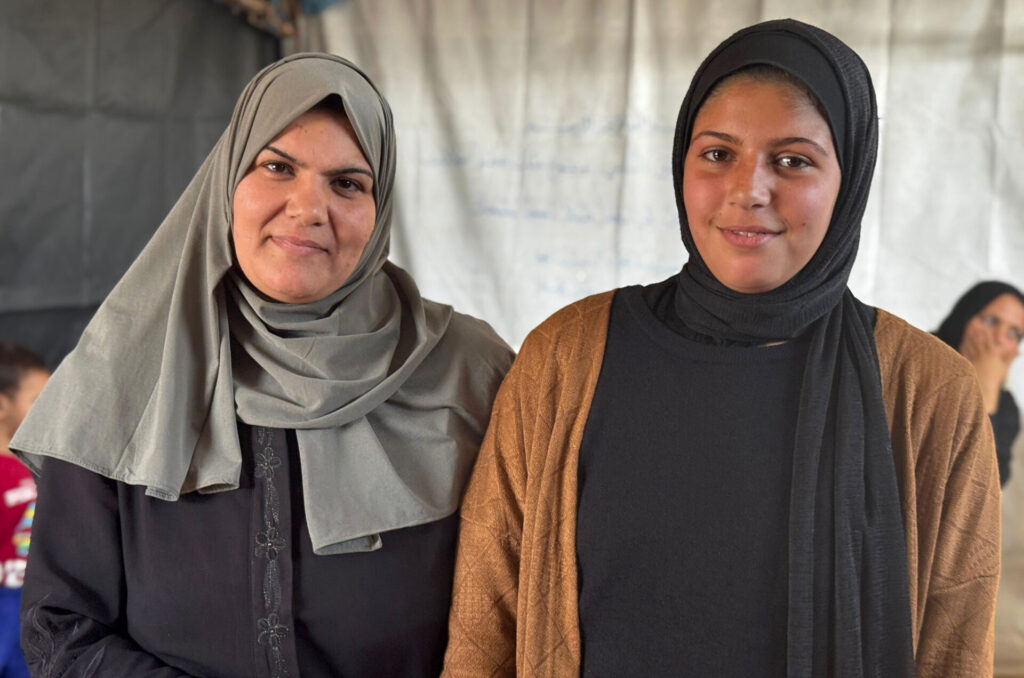Jul, 2021
Meet two men whose families received badly needed relief items
What is happening in Lebanon today in 2021 is a painful chapter in our modern history. For those who live here, it is a time of uncertainty and fear. In the last decade, Lebanon has witnessed a war next door in Syria, an influx of refugees, an economic collapse, an uprising, and one of history’s largest non-nuclear explosions.
But we all have a part to play in this story and, if we collaborate, we can change the plot for the better.
That is just what our new partner in Lebanon, Sawt Beirut International (SBI), has done with their recent donation to Anera. SBI has provided 270 of Tripoli’s most vulnerable and disadvantaged families with generously filled food and hygiene parcels. Anera distributed the parcels near the end of Ramadan.
“Due to the economic crisis and COVID-19, an increasing number of Lebanese and non-Lebanese households are now living on less than $1 a day, under the poverty line,” says Ahlam Chalabi, Anera’s north area manager.
“Because of the fragile economy, weak infrastructure, nonexistent public services, and lack of employment opportunities, Tripoli is becoming the poorest city in Lebanon.”
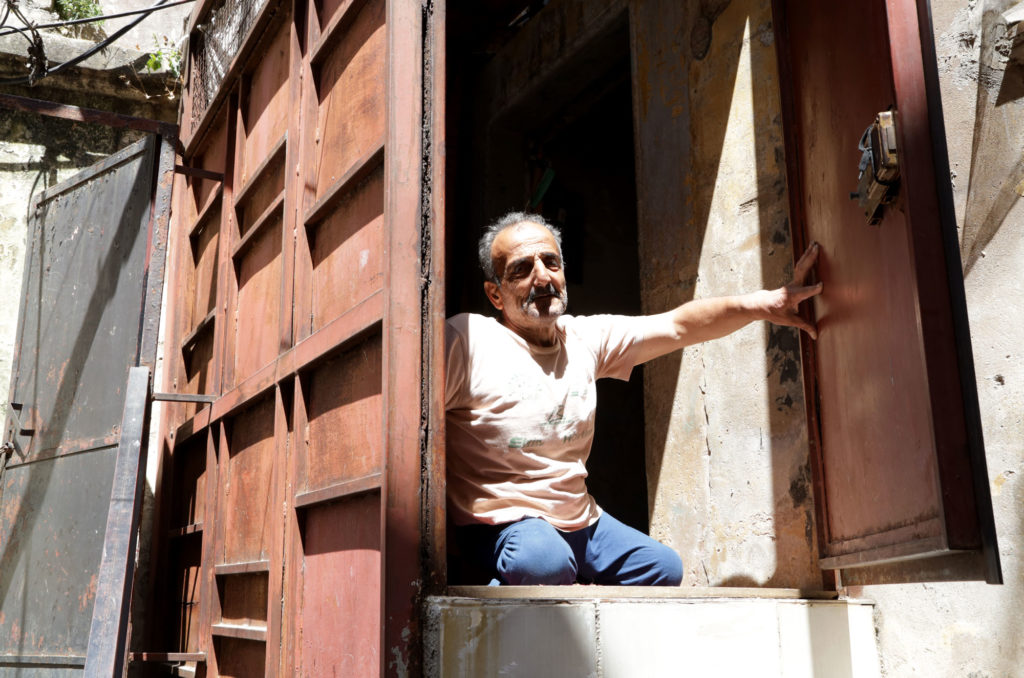



“This has been my reality since the start, which is a kind of blessing.”
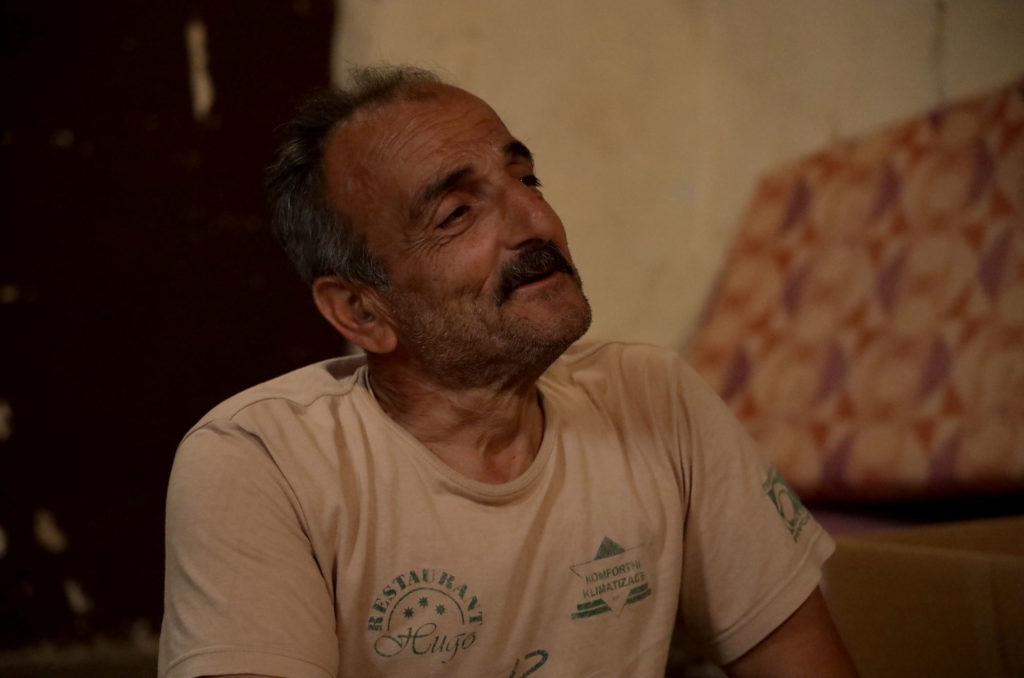

Walid is 57 years old and lives with his brother and sister. He’s epileptic and often has seizures that cause both emotional and physical damage. His condition is the result of a tumor he had when he was an infant.
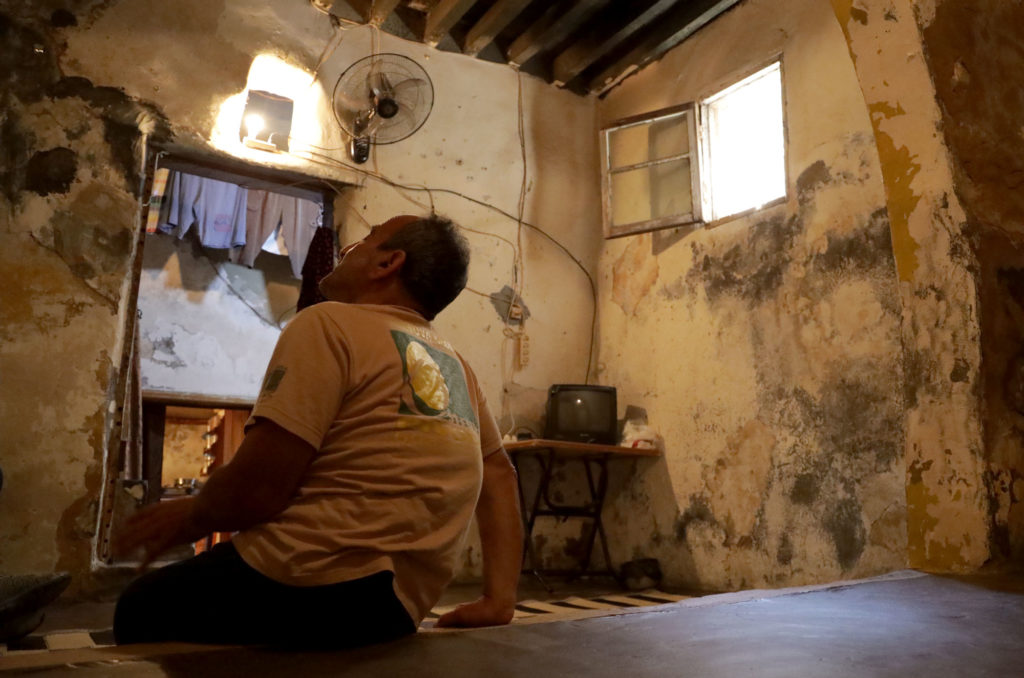



“We have very little money. My brother who lives abroad is helping us a little. The rest is up to God.”
“I have lived my whole life this way," Walid says. "I can’t imagine what it would be like to develop it as an adult and have to adapt to a new reality!
“Three years ago, I underwent open heart surgery and I can no longer move as much as before. I had been working at the seaside in Tripoli as a coffee seller for 11 years, but I stopped working after the municipality banned unofficial street vendors like myself.
“We have very little money. My brother who lives abroad is helping us a little. The rest is up to God.”
Omar is a 41-year-old father of four who works as a street food seller on the Mina corniche in Tripoli. He sells corn, beans and balila (boiled and seasoned chickpeas). Omar was also impacted by the municipality’s recent policy.
“During the corona crisis, the municipal police banned us from being on the corniche, so I stopped working during the whole lockdown. Now with the economic collapse, we can’t meet our daily needs. In the meantime, rent, school fees and expenses increased a lot.”
Today there are six people living in Omar’s house, which has no interior walls separating rooms or windows. They had to move there after their last landlord increased their rent.
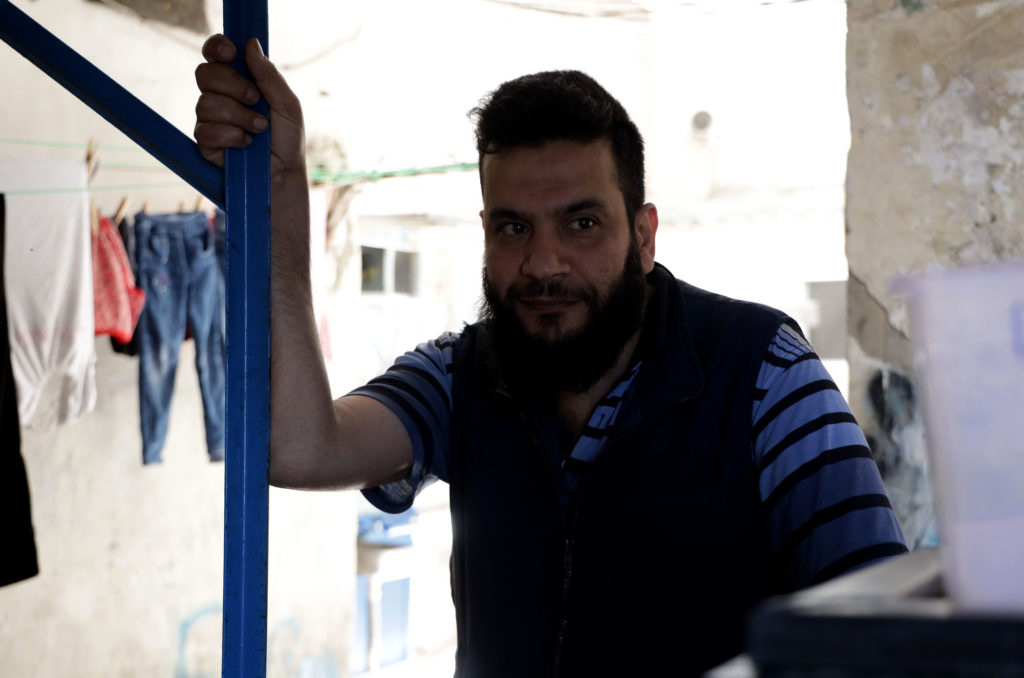

“I do not like to ask for help, but look around. We have nothing. I also get blood clots in my leg, which is very painful and makes it hard for me to move,” says Omar.
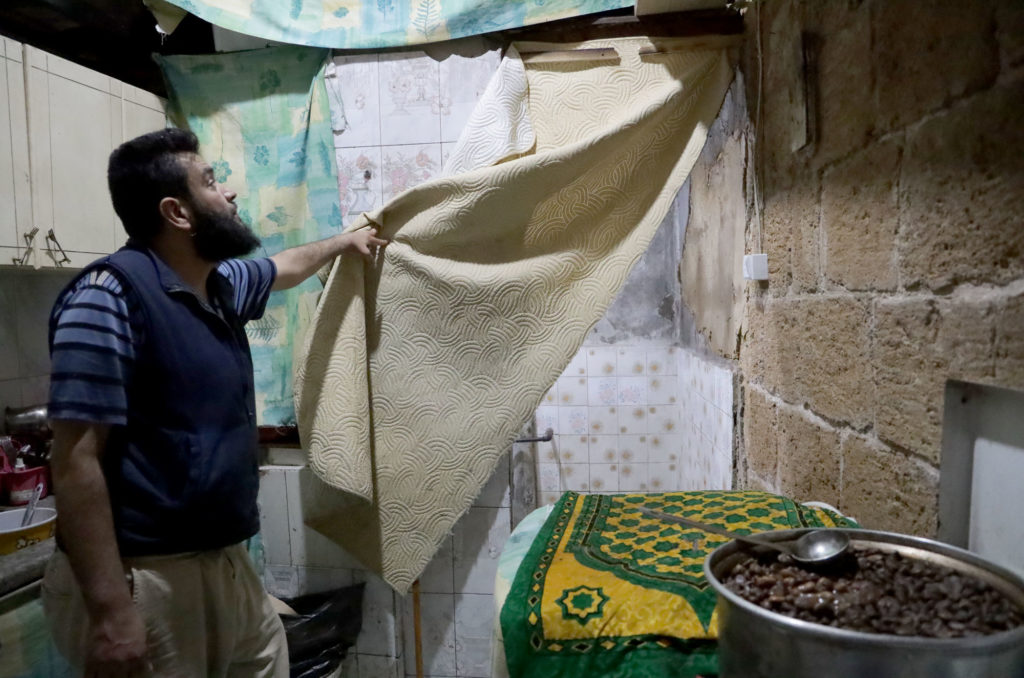



“I do not like to ask for help, but look around. We have nothing."
Tripoli is a marginalized city but everyone knows that you can’t starve there because its people are generous. Lebanon’s crisis, however, has left even the most generous of people in a state of despair and worry.
“Facing hunger, these vulnerable families now have to resort to extreme coping mechanisms in order to survive: dropping out of school for work, eating unhealthy foods, scavenging in the garbage, and sometimes even resorting to illegal activities,” says Ahlam. “So, you can see that these food parcel and hygiene kit distributions are really critical to supporting families who are grappling with a crisis situation every day.”

